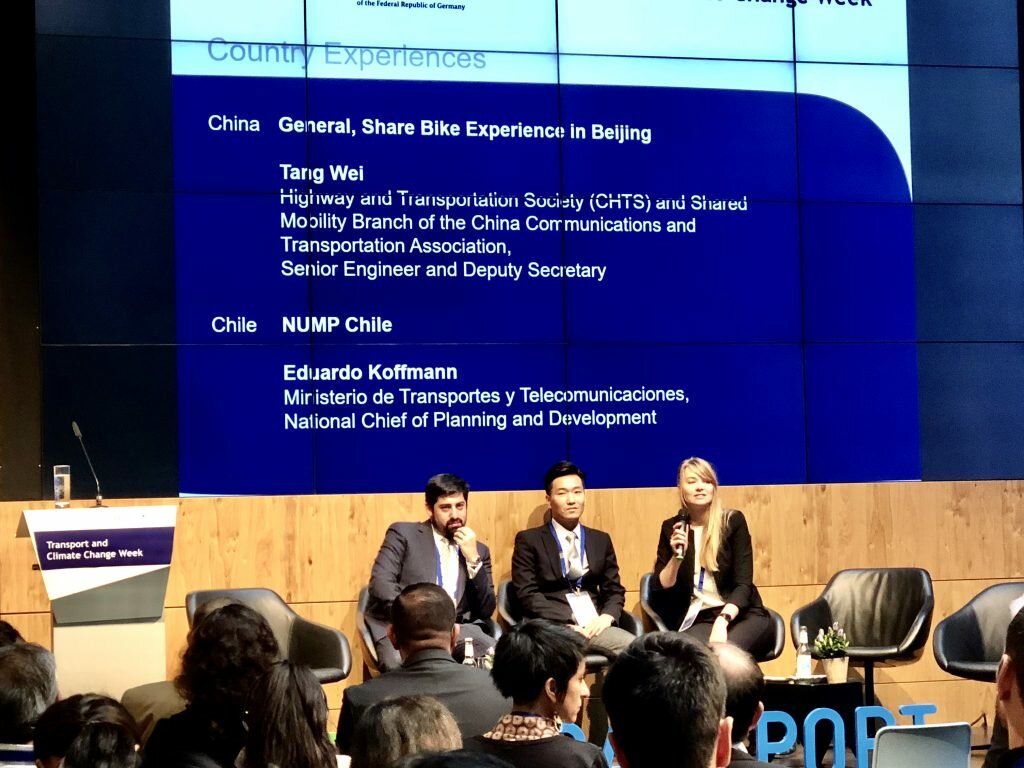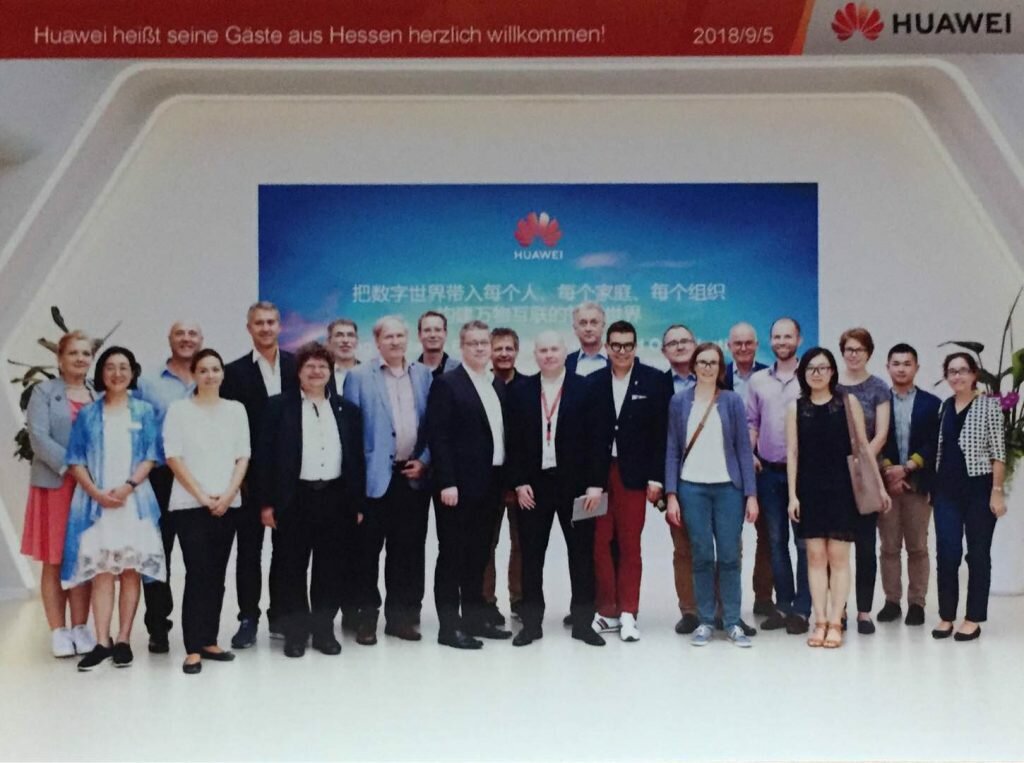All over the world, many cities are facing increasing levels of traffic congestion, road safety issues, as well as carbon and air pollutant emissions. In particular, the better integration of transport and urban planning is seen as a key to mitigate these effects and to create more livable cities. To promote smart and integrated urban mobility planning, the European Commission, in 2013, published the “Guidelines on Developing and Implementing A Sustainable Urban Mobility Plan”. Sustainable Urban Mobility Plans, also known as SUMP, aim at satisfying the mobility needs of people and businesses while improving the quality of life. The SUMP concept has been successfully applied in various countries around the world. In order to adapt to the current mobility trends, such as vehicle automation, vehicle electrification, shared mobility and their implications in the public transport systems, the SUMP guidelines were recently updated in their second edition, which you can find…
The promotion of low-carbon and environmentally friendly transport is an important target of China’s development strategy for its transport sector. To reduce vehicle emissions in cities, it is…
The 3rd World Transport Convention (WTC 2019) took place from 13-16 June in Beijing under the theme “Green and Intelligent Mobility for Future Transport”. The WTC 2019, which…
Systematic and integrated transport planning is key to achieving low-carbon transport systems in cities. Sustainable Urban Mobility Planning can help cities to overcome institutional barriers by shifting from…
With the fast-paced development of the Chinese logistics sector and the booming Chinese freight industry, road and highway freight volume have been growing 5.9% (to 8.19 billion tonnes)…
How can firms like Mobike and Meituan reduce their environmental footprint while simultaneously advancing their business models? This was the central theme of the Beijing Cleantech Hackathon, held…
The second Transport and Climate Change (TCC) Week, which included the Climate Action in Mobility Conference (CAMC), highlighted the importance and need of a transformational change in the…
The 20 sessions of the Global Future Mobility Conference (GFM) 2018 covered topics of future mobility from New Energy Vehicles (NEVs) over Intelligent and Connected Vehicles (ICVs) to…
Hydrogen is not only a means of storing energy, but also a valuable resource that can fuel transportation vehicles and can be used in various production processes. As…
China’s rapid development in mobility and digitalization China is increasingly recognized as an innovation leader in mobility and digitalization. Companies in mobility services, like Didi or Meituan, in…









